Simulated Interviews

“It takes off the rose-tinted spectacle about the whole process and makes insider knowledge available to a wider audience” (Baptiste 8).

In this reflective essay I consider my learning during the simulated interview process which took place in the AEL3001 work-based learning module at Queens University.

To guide my reflection, I chose Borton’s reflective model which focuses on a significant event – in this scenario the simulated interview.
Borton’s Reflective Model (Borton 1970, summarized in Jasper 2013)
Borton’s model has three stages What? So What and Now What?. “What” will describe what happened, “So What” will explain what was significant to the event and “Now What” explains how I apply my learning to future practice.
What? – The Event
“This is your Stage. Sit down, compose your face. Lines rehearsed…”
Poem by Jo Cannon (Bolton 12).

For the simulated interview the class was divided into groups of four. We were provided with sample interview questions and suggested ways of answering them such as STAR (Situation, Task, Action, and Result). We each chose a job for which to be interviewed by the other three group members and prepared accordingly. Initially I procrastinated about having to do this as I don’t like to talk about myself, my skills and experience. It wasn’t a pleasant task as I am tired of judging myself and others in this constant search for perfection, approval, and achievement.
So What? – What was Significant
“Making the ordinary extraordinary”
(Bolton 31)
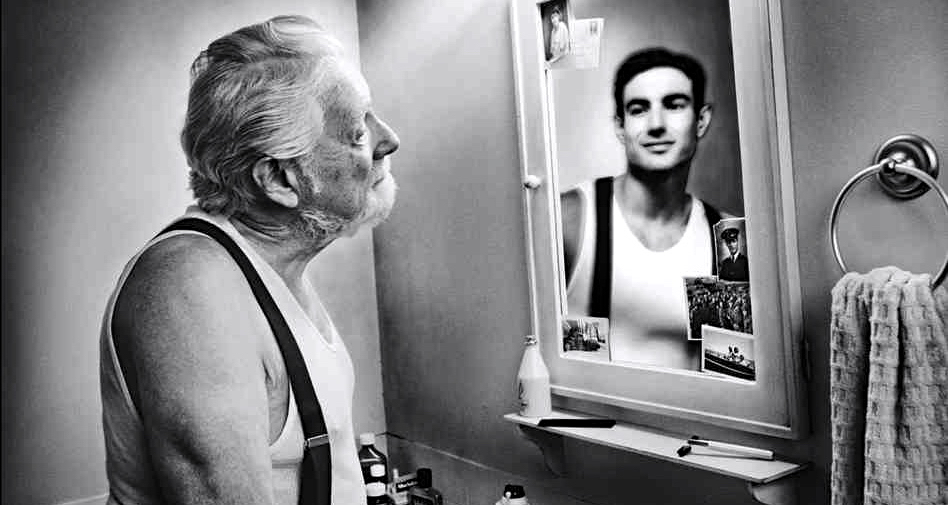
Pollard’s quote “we feel, therefore we learn” prompted me to search for a deeper meaning behind my resistance (144). I needed to gaze “through the looking glass” which “requires self-respect” taking responsibility while being truthful without judgement (Bolton 35). My need for approval, perfection and achievement is a familiar pattern that I recognise from my childhood.

I grew up the youngest of five children in a large extended family. As the youngest everyone else seemed more competent and capable. I had a constant feeling of not being good enough.
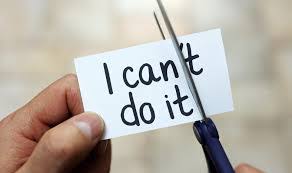
Returning to college in my late forties, triggered these childhood feelings which I initially managed. However, they returned with a vengeance during the simulated interview process “contaminat[ing]” my “adult behaviour” (Bradshaw 7). I felt anxious and unworthy. I’d rather be anywhere than at those interviews.

Despite the negative feelings I turned up at the interview and found them more interesting and engaging than I expected. Firstly, I realised that each member of the group had individual strengths and aspirations. These differences included our passionate interests and were reflected in the range of jobs for which we applied.

This reminded me that I too was unique in my choice of job and that this difference was a strength not a deficit. We are all different but not less than. This encouraged me to take a deeper look and reflect on my own choice of job. Being provided with this “knowledge” and experience while preparing for “existing work” has been transformative (Pollard 430).
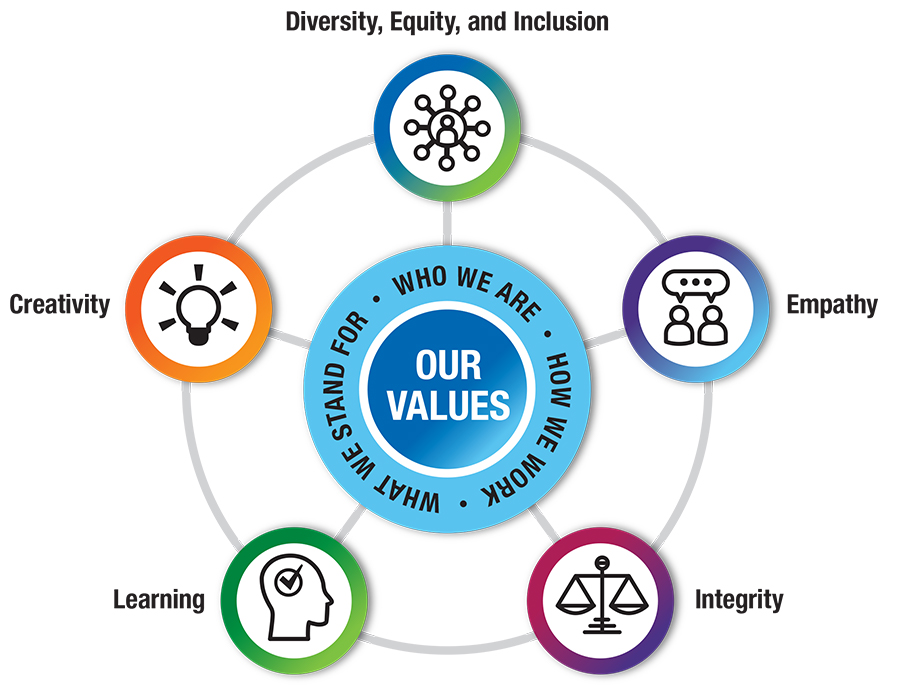
Sometimes I go through life thinking I don’t know what I want, but during the simulated interview I realised I do. Unconscious and unarticulated values underpinned the job I chose. “People cannot be ‘empowered’ or ‘given a voice’ by a more powerful other; they can only give it to themselves” so as a result I will now articulate these unconscious values (Pollard 363).
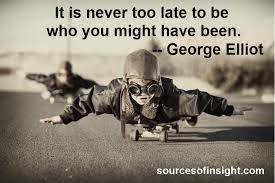
I want a job that inspires me, that develops my creative and practical skills with a love and passion for stories. The job for which I applied required, “a good person, high energy, friendly with an enthusiastic attitude that everything is possible” and “with good organisation and communicational skills”

I felt the job description was describing me. I’ve come a distance from the shy, timid child I had been. I knew I could do this job and would enjoy it.
Now What? – Future Practice
“One can create only from a perspective that says, “something is possible here, no matter how things may look.””
(Maté 483).

The process of simulated interviews has taught me they are very true to the real-life experience of job searching and being interviewed. Having this time to reflect on my initial resistance to the experience has strengthened my sense of what I can do, what I want to do and the type of company and people I want to work with.

To carve out a career in tv and/or film I will follow my passion and incorporate three strengths “patience, hard work, resilience” (Baptiste 21). I don’t want to apply for jobs that I am half-hearted about but rather ones that I am passionate about, that fits my abilities, interests, and passions.

To be humbled knowing I will grow and learn from a base established during my degree and wanting to give it my all reminds me of what Pollard said “Without levels of aspiration – individuals become apathetic and poorly adjusted. For the person to be striving is therefore a normal state” (160).
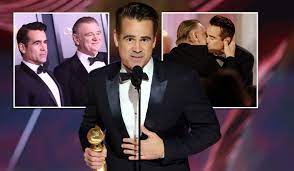
I’m looking for a career where I “cohabitate a creative space every day”, with people that I genuinely respect, and aspire to be like (Colin Farrell, Golden Globes, 2023).
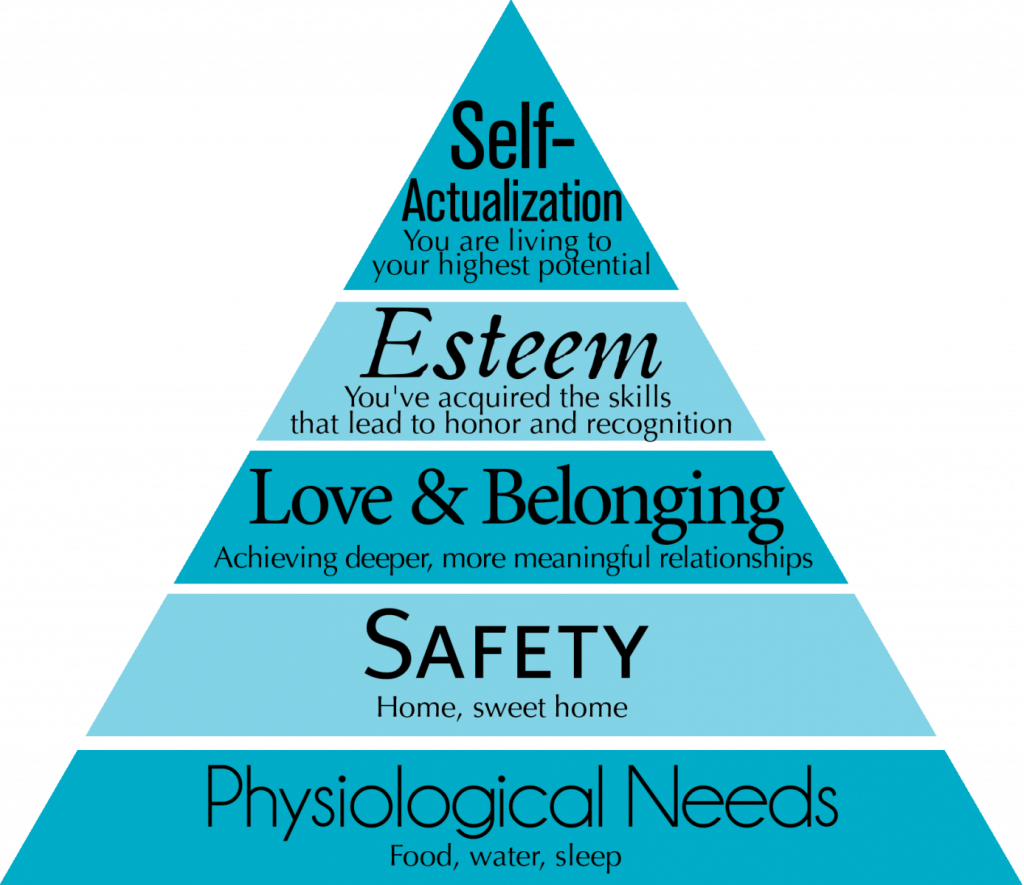
A previous career was a means to an end rather than a passion. The simulated interview has shown I’m now operating at the higher level of Maslow’s hierarchy of needs – self-actualisation. Bolton describes it as “find[ing] the real me” (29).
“Listen to your own voice, your own soul. Too many people listen to the noise of the world instead of themselves”
Leon Brown
Bibliography:
Baptiste, Mark S. How to Get a Job in Television: The Ultimate Guide to a Career in TV Playout, Transmission & Master Control. Createspace Independent Publishing Platform, 2017.
Bolton, Gillie. Reflective Practice: Writing and Professional Development. Paul Chapman Publishing Ltd., 2001.
Bradshaw, John. Home Coming: Reclaiming and Championing Your Inner Child. Piatkus, 1990.
Maté, Gabor, and Daniel Maté. The Myth of Normal: Trauma, Illness and Healing in a Toxic Culture. Vermilion, 2022.
Pollard, Andrew, editor. Readings of Reflective Teaching in Schools. 2nd ed., Bloomsbury Academic, 2014.
Weight of the Word
You May Also Like

To Be Or Not To Be – That Is The Interview Question
23 February 2023
Job Interviews: Selling Yourself For A Pay Cheque
24 February 2023
